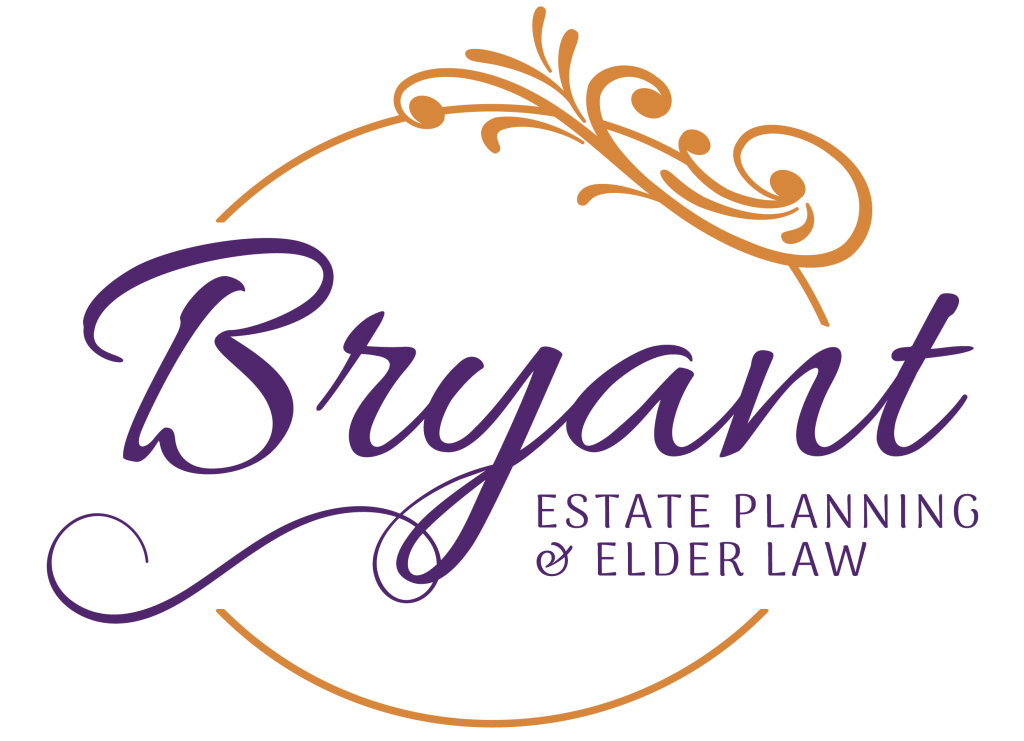Estate planning, like politics and religion, is one of those topics people tend to avoid in polite conversation. There can be many reasons for this. Some people are superstitious and believe that making a will or setting up a living trust will cause something terrible to happen to them. Others don’t want to face uncomfortable family conflicts.
In our practice, we’ve talked to adult children whose parents won’t talk about their estate. We’ve also counseled parents whose adult children can’t bear to start talking about what happens when their beloved parents are gone. However, it’s incredibly important that everyone be on the same page about a loved one’s wishes. We’ve all read books or seen movies where the main conflict of the story comes from shady finagling over a relative’s estate. Don’t let your family play out that drama in real life.
A Living Trust Can Make Things Easier on the Family
When you’re anxious to start talking about estate planning, but other family members aren’t, there are some resources that might help you.
- To start the conversation, plan a time of relative calm and peace. It might help to begin in a neutral location.
- Use “I” statements to avoid seeming to attack your loved one. An adult child might say, “I want to be sure I know how to carry out your wishes when you’re gone.” A parent might say, “I want you to understand how I plan to take care of my estate and how I plan to leave things to you kids.”
- If the main issue is not knowing where to start, consider purchasing the “What if…Workbook”. This takes families through all sorts of questions about estate planning in an easy, step-by-step way. A quick online search will bring up similar resources.
- Tell stories. Did you know that when the actor Heath Ledger died, his will left everything to his parents even though he had a young daughter? He did have a $10 million life insurance policy with her as the beneficiary, so it’s not clear whether he meant to leave her out of the will or not. What a painful thing to have to deal with, on top of the grief of losing a young man so unexpectedly.
A New York Times article from a few years ago tells the story of a women who hadn’t discussed her finances with her adult children. She died unexpectedly, and it took a long time for the authorities to issue a death certificate. In the meantime, her children had a terrible time doing simple things like closing her cable TV account or paying her mortgage.
If you’d like more resources for starting a discussion about estate planning, please give our office a call. This is something we’ve helped many families with, and we’re happy to help you, too.




